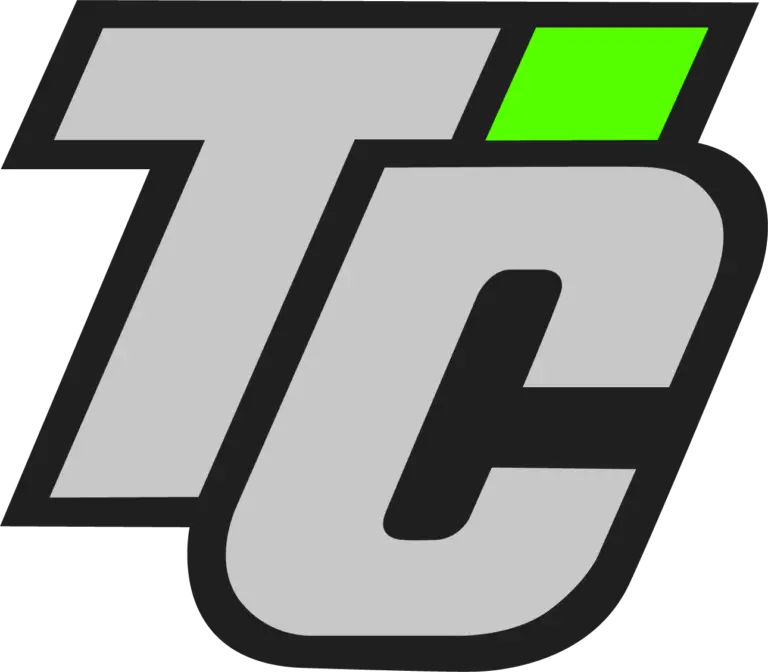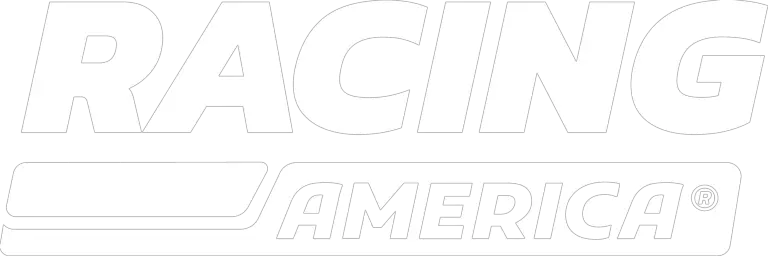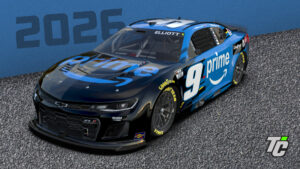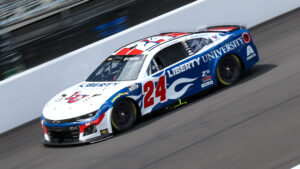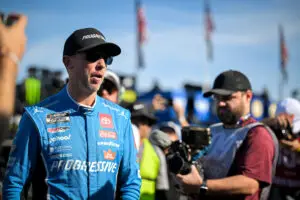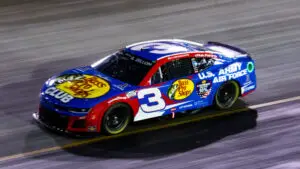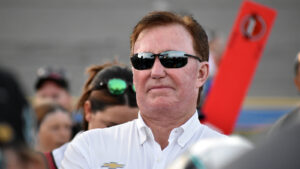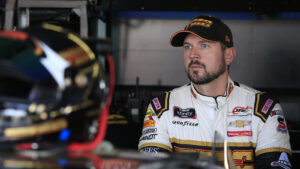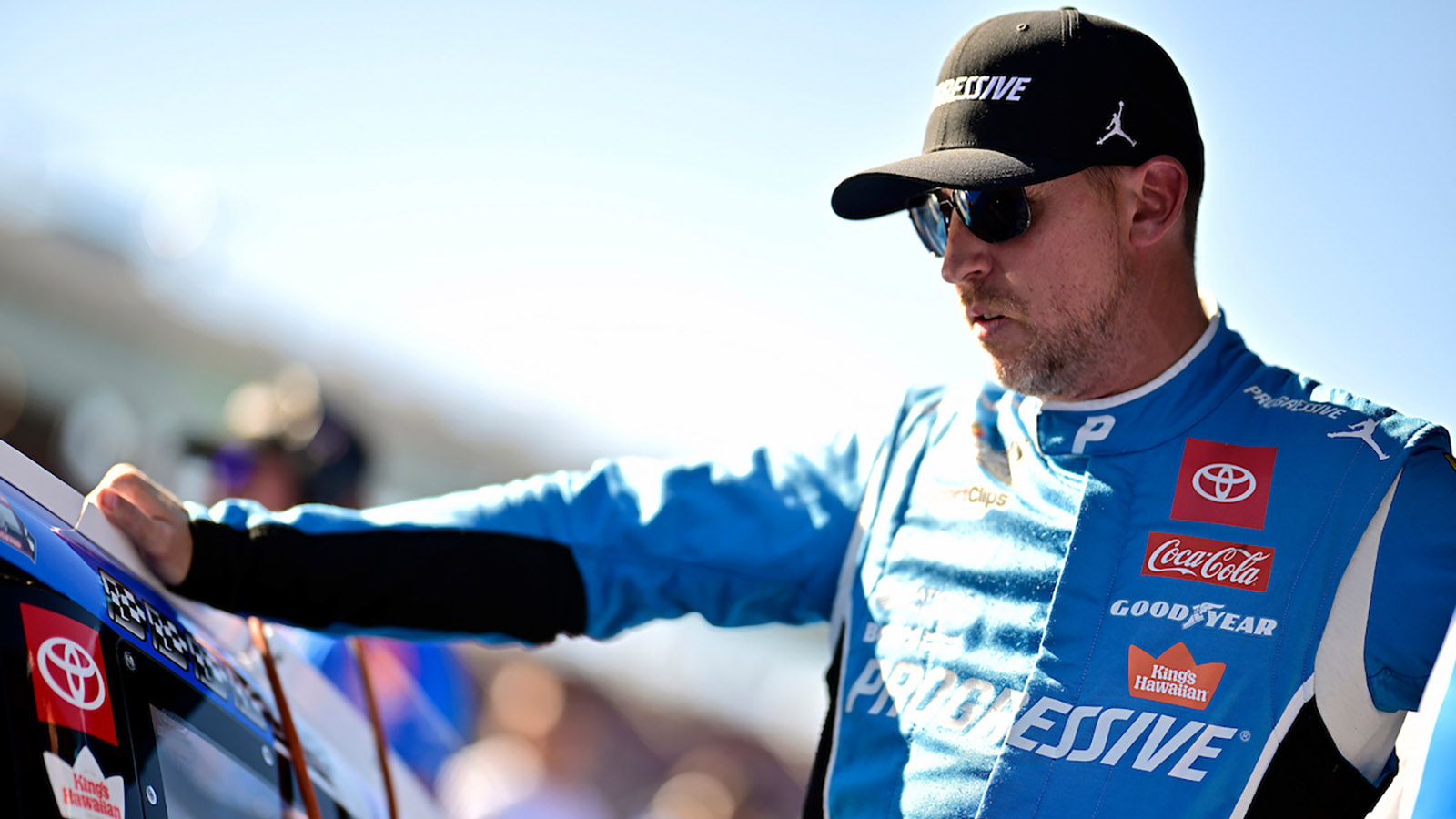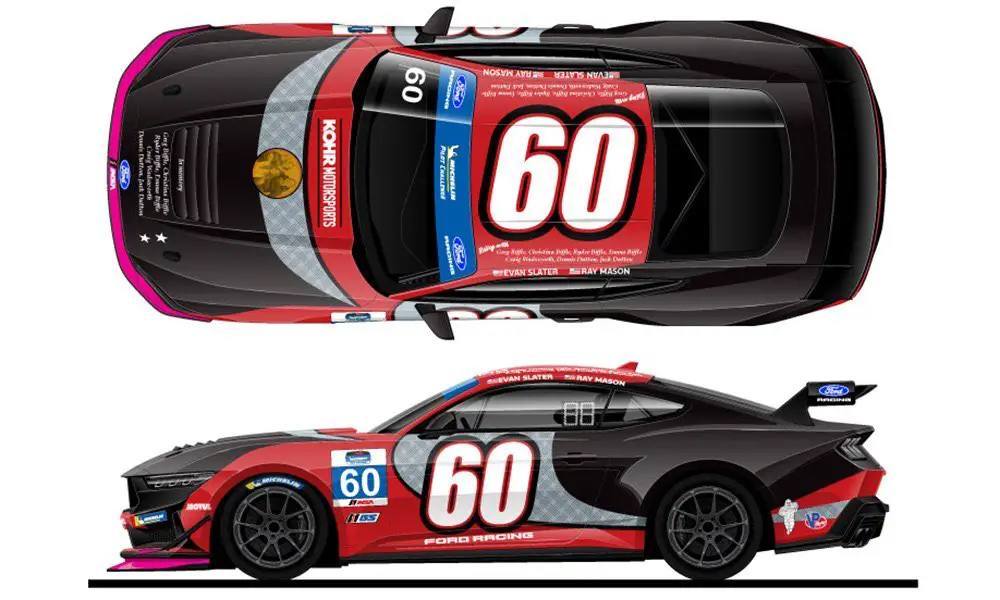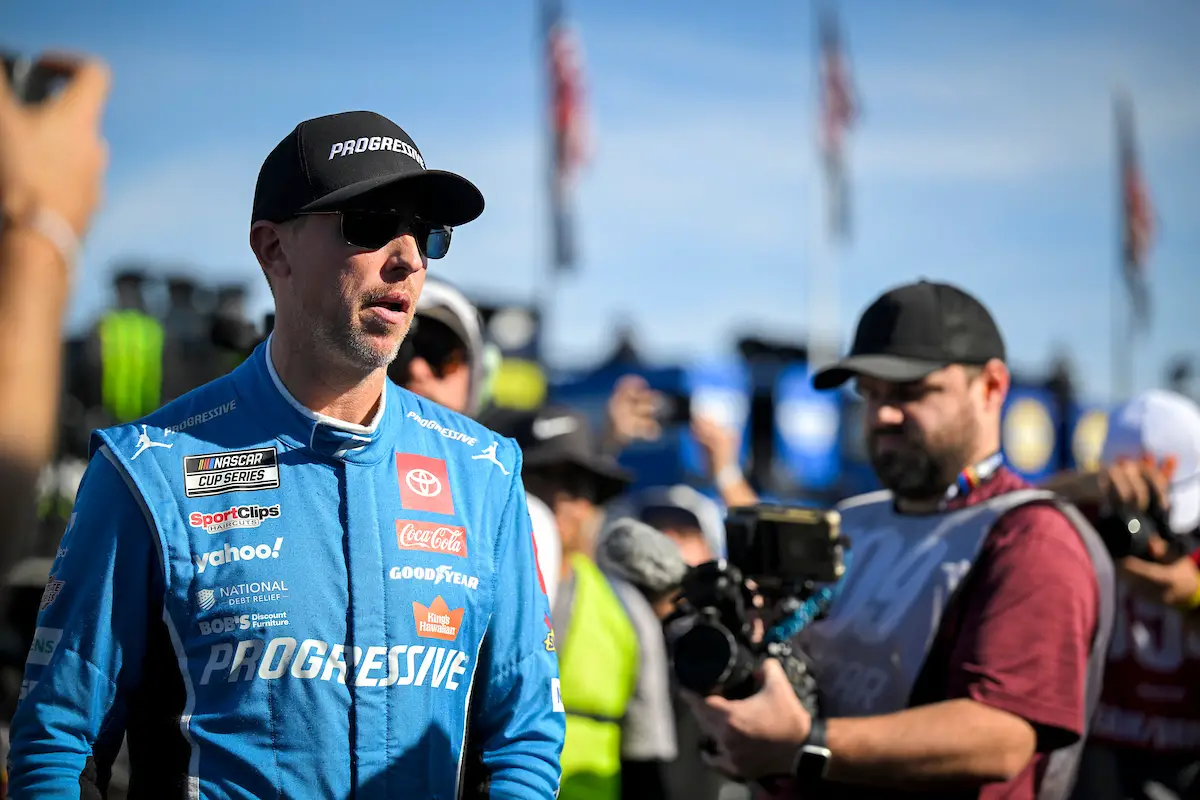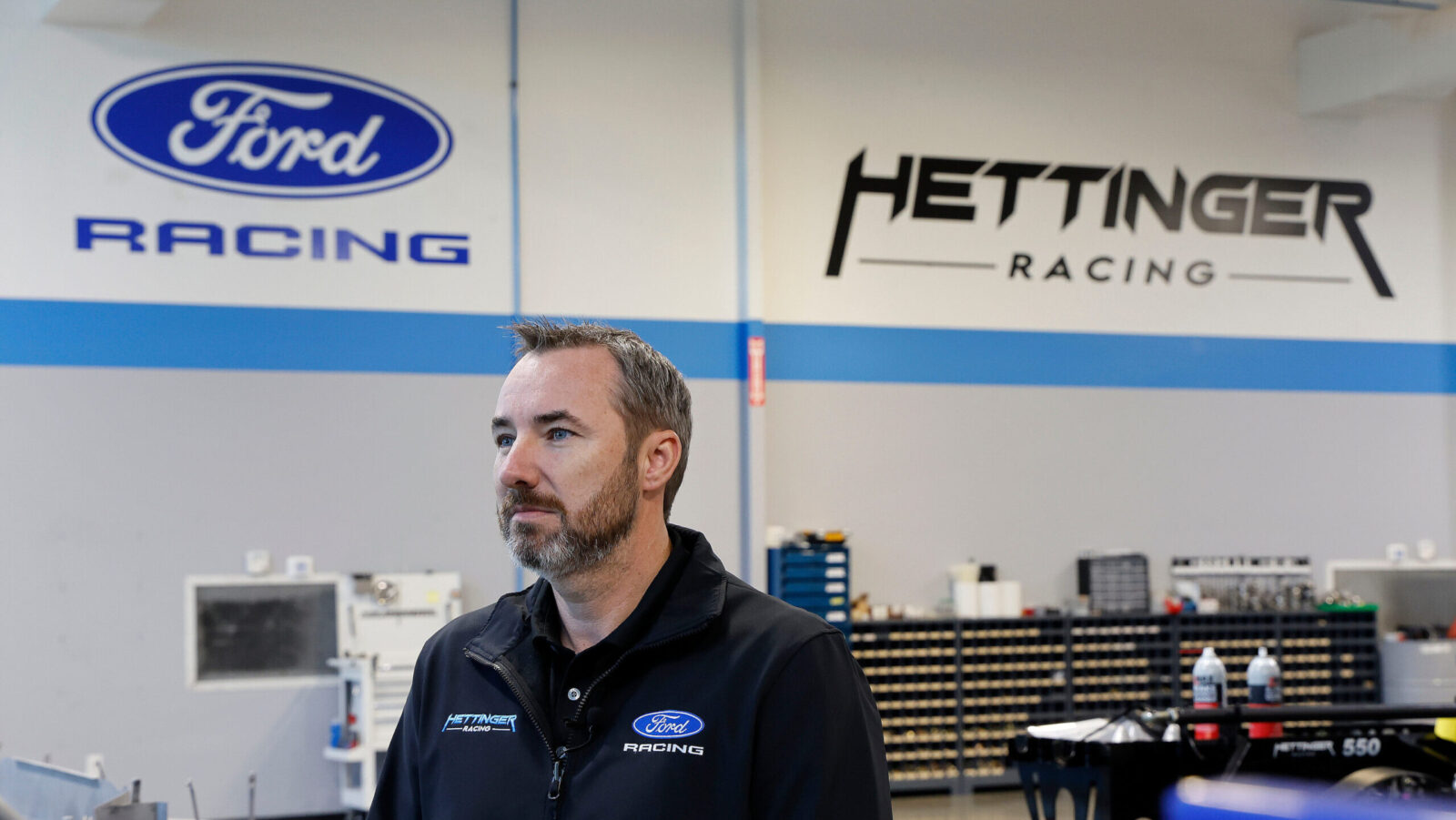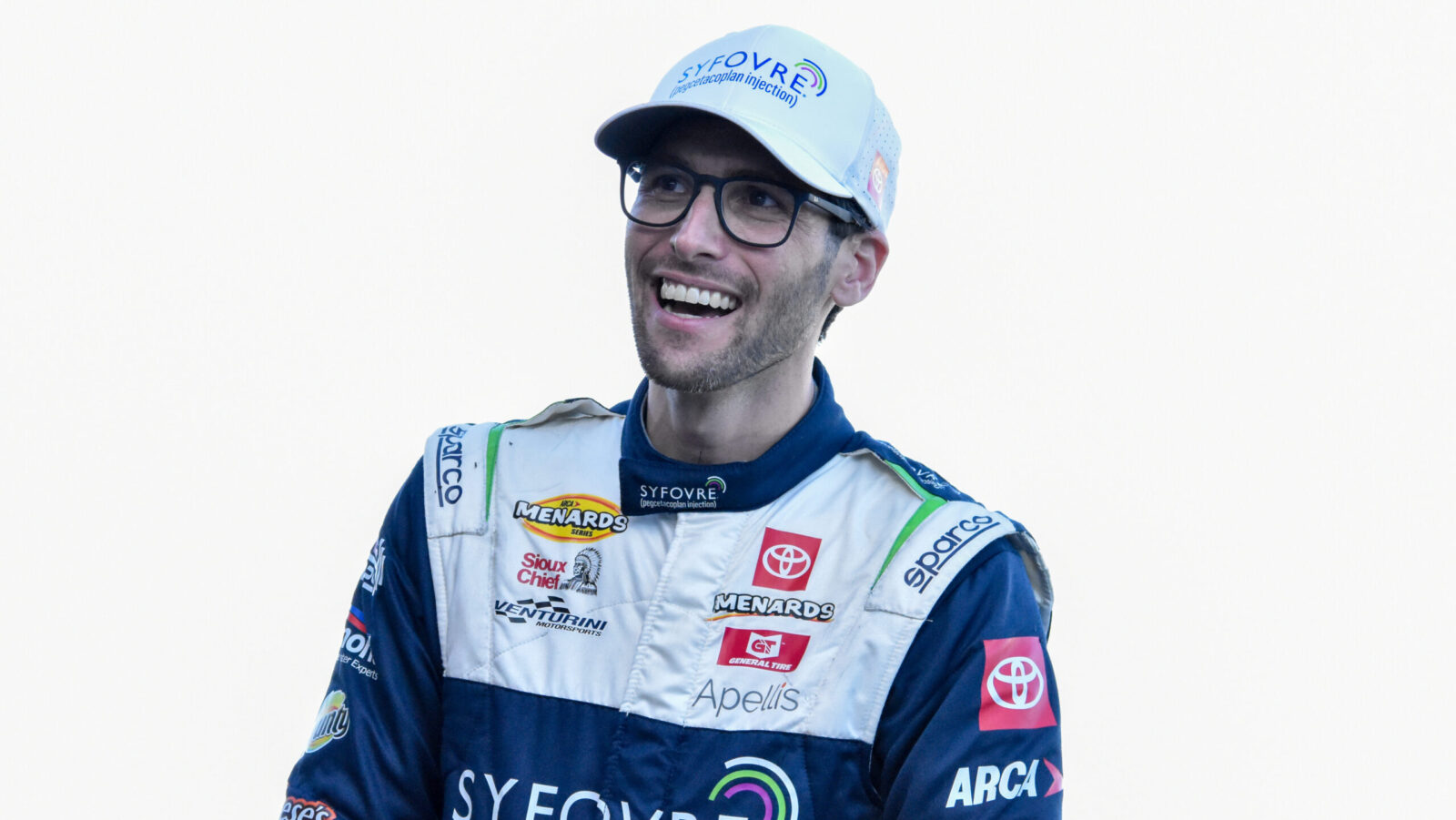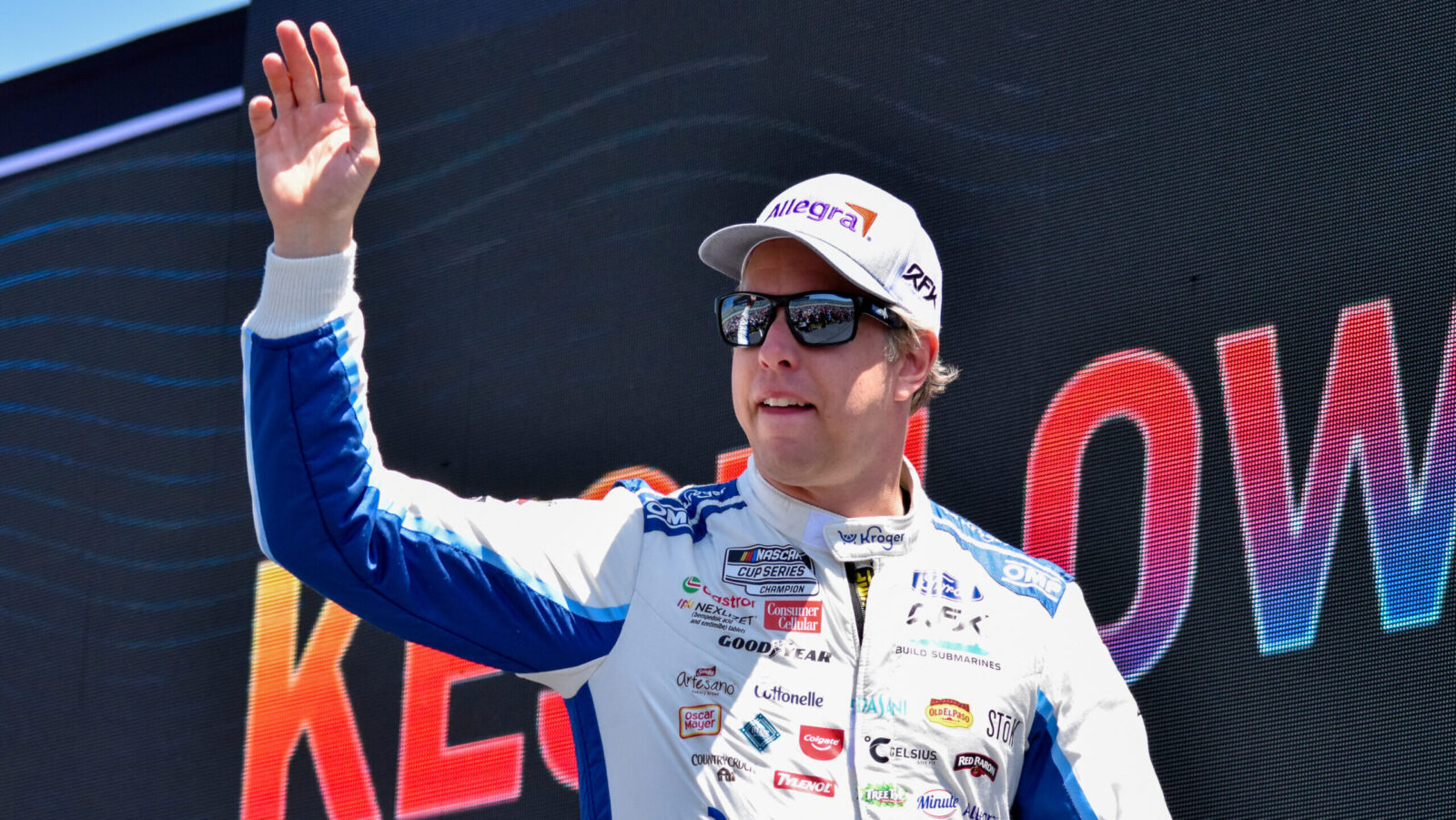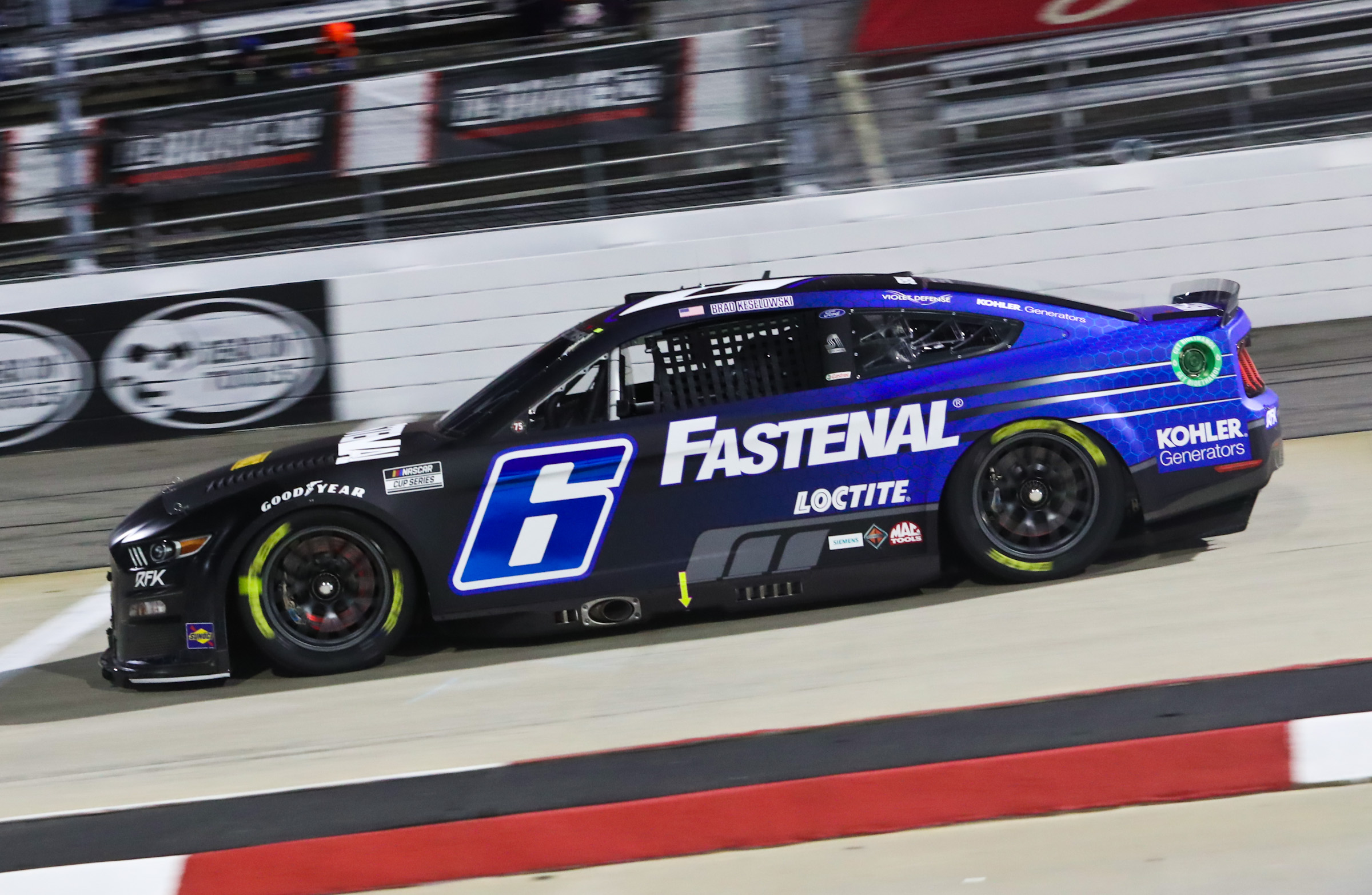
Brad Keselowski’s transition into ownership at Roush Fenway Racing – now RFK Racing — hasn’t come without its growing pains, as many expected to be the case.
Despite the organization sweeping the Bluegreen Vacations Duels and collecting a top-10 finish in the Daytona 500 just days later, it seems as though the team hasn’t found the speed to compete for top-10s consistently.
A lack of raw speed hasn’t been the team’s only downfall this season, with the organization being thrown into the spotlight on two occasions throughout the season’s first six weeks.
The first time was during Speedweeks, when NASCAR confiscated wheels from RFK Racing and Team Penske following the Bluegreen Vacations Duels, taking them back to the R&D Center for further evaluation. However, both teams were able to escape penalties.
About a month later, following the series’ race weekend at Atlanta Motor Speedway, RFK Racing found itself in the spotlight again, becoming the first organization to be penalized under NASCAR’s new deterrence system, for the illegal modification of single-source parts.
As a result, the team would lose crew chief Matt McCall – who was assessed with a $100,00 fine — for four races, as well as 100 points and 10 playoff points. The organization’s appeal of the penalty was ultimately denied.
Keselowski, co-owner of RFK Racing, spoke to the media at Martinsville Speedway to clarify the reason for the penalty and the organization’s view.
“We had repaired a quarter-panel and it had a key feature that NASCAR deemed was not repaired adequately enough,” Keselowski said. “It’s a tough situation, we didn’t want to run the tail panel, [but] we didn’t have any new tail panels to put on the car.”
The Rochester Hills, Michigan-native admitted that the organization probably could have – and should have — done a better job on the repair, which put NASCAR in the position to make a call.
“I understand NASCAR’s position on it,” Keselowski continued. “It’s kind of one of those things where everybody’s right and everybody’s wrong at the same time, and ultimately we’ll have to learn to be better for it.”
The L2 penalty, which Keselowski says “wasn’t somebody saying ‘Hey, let’s cheat this tail up and make the car go faster.'” essentially destroys any chance of a playoff berth for the No. 6 team, currently sitting 100-plus points behind the cutoff for the series’ playoffs.
On Wednesday, Scott Miller – NASCAR’s Senior Vice President of Competition — joined SiriusXM NASCAR Radio to discuss the reasoning behind RFK Racing’s penalty, confirming the comments made by Keselowski at Martinsville.
“The repair policy is very straightforward,” Miller said. “Any repair that’s done is to bring the part back to the original specification. On this part, that was not adhered to. There are body mounting landings that are a part of the rear facia that wasn’t brought back to the original specifications and that’s a key design feature of the part, so the repair policy was not followed, so that’s really what it comes down to.”
Miller then mentioned that one of the biggest things with the Next Gen car’s implementation, was that the single-source parts would have to be strictly enforced, or the series would return to the constant development present with the Generation-6 car.
“A strict deterrence model was asked for by the folks in the garage and it’s our job to do that, we said we would, and a key design element was not returned to its original specification and that’s what led to the penalty.”
ICYMI: @NASCAR SVP of Competition Scott Miller, joined #TMDNASCAR and explained the L-2 penalty levied to the No. 6 Team at @RFKracing. @TheMikeBagley | @PPistone | #NASCAR pic.twitter.com/63GnMp2UOJ
— SiriusXM NASCAR Radio (Ch. 90) (@SiriusXMNASCAR) April 13, 2022
